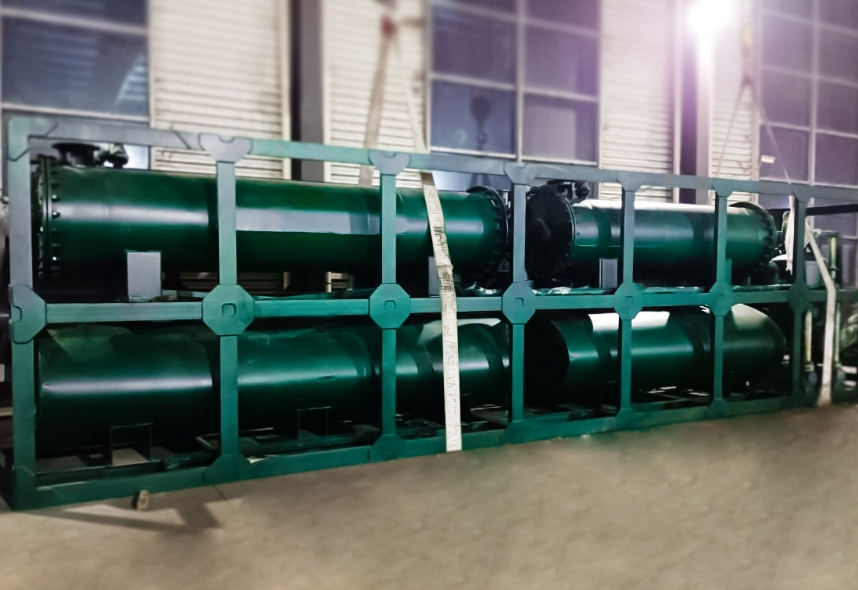

Pyrolysis is a process of chemically decomposing organic materials at elevated temperatures in the absence of oxygen. The process typically occurs at temperatures above 430 °C (800 °F) and under pressure. It simultaneously involves the change of physical phase and chemical composition and is an irreversible process. The word pyrolysis is coined from the Greek words “pyro” which means fire and “lysis” which means separating.
What are the Advantages of Pyrolysis?
The key benefits of pyrolysis include the following:
- It is a simple, inexpensive technology for processing a wide variety of wastes.
- It reduces waste going to landfill and greenhouse gas emissions.
- It reduces the risk of water pollution.
- It has the potential to reduce the country’s dependence on imported energy resources by generating energy from domestic resources.
- Waste management with the help of modern pyrolysis technology is inexpensive than disposal to landfills.
- The construction of a pyrolysis power plant is a relatively rapid process.
- It creates several new jobs for low-income people based on the quantities of waste generated in the region, which in turn provides public health benefits through waste cleanup.

